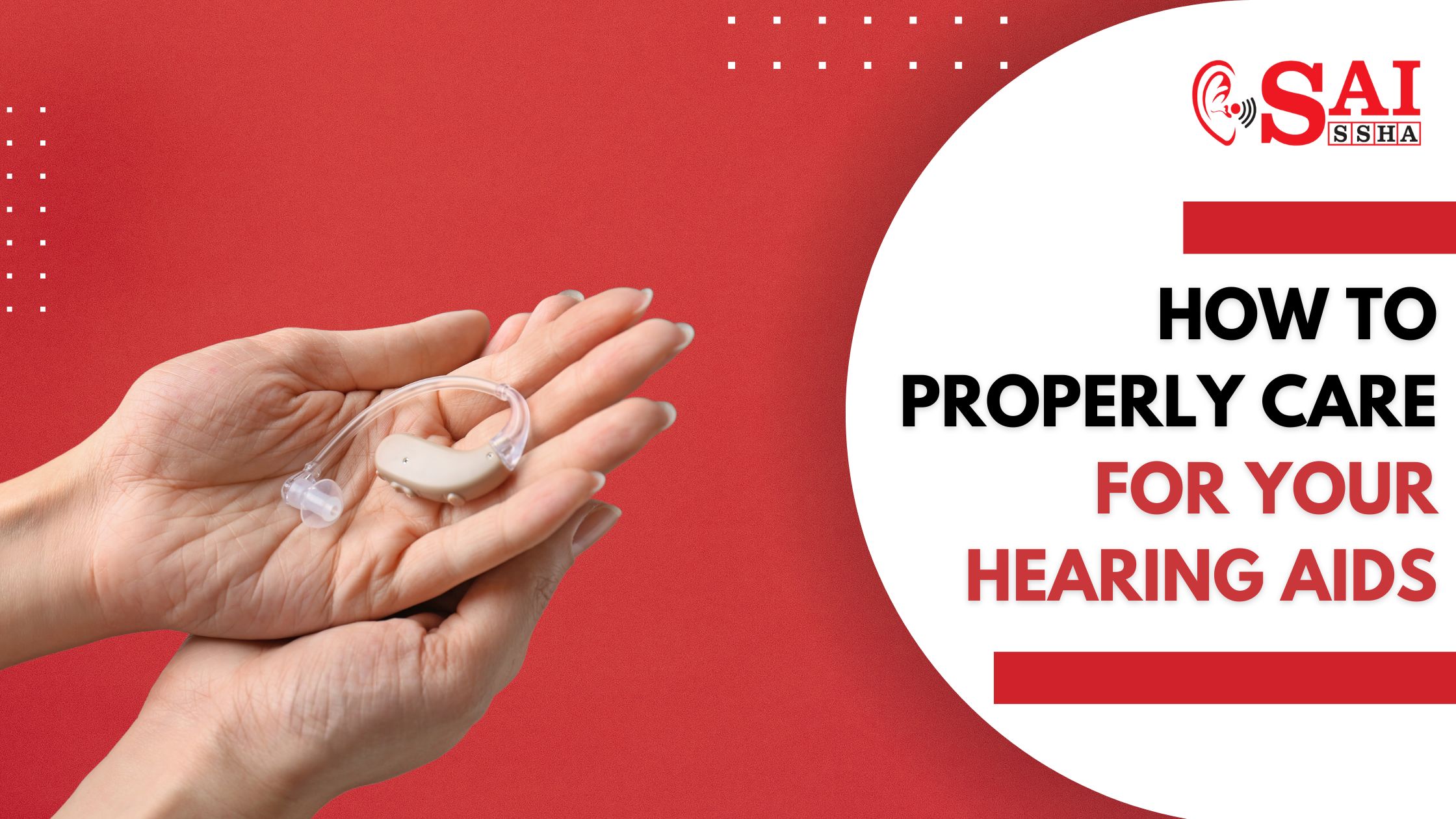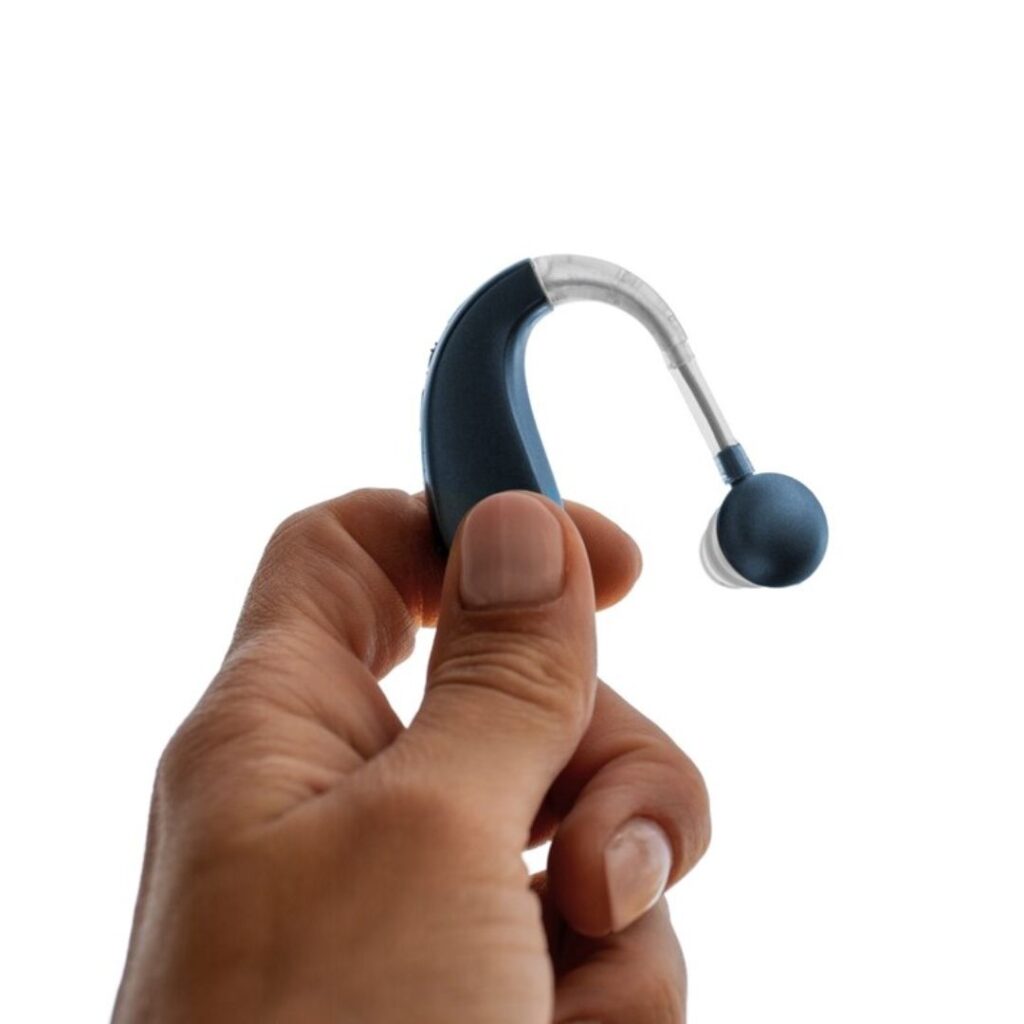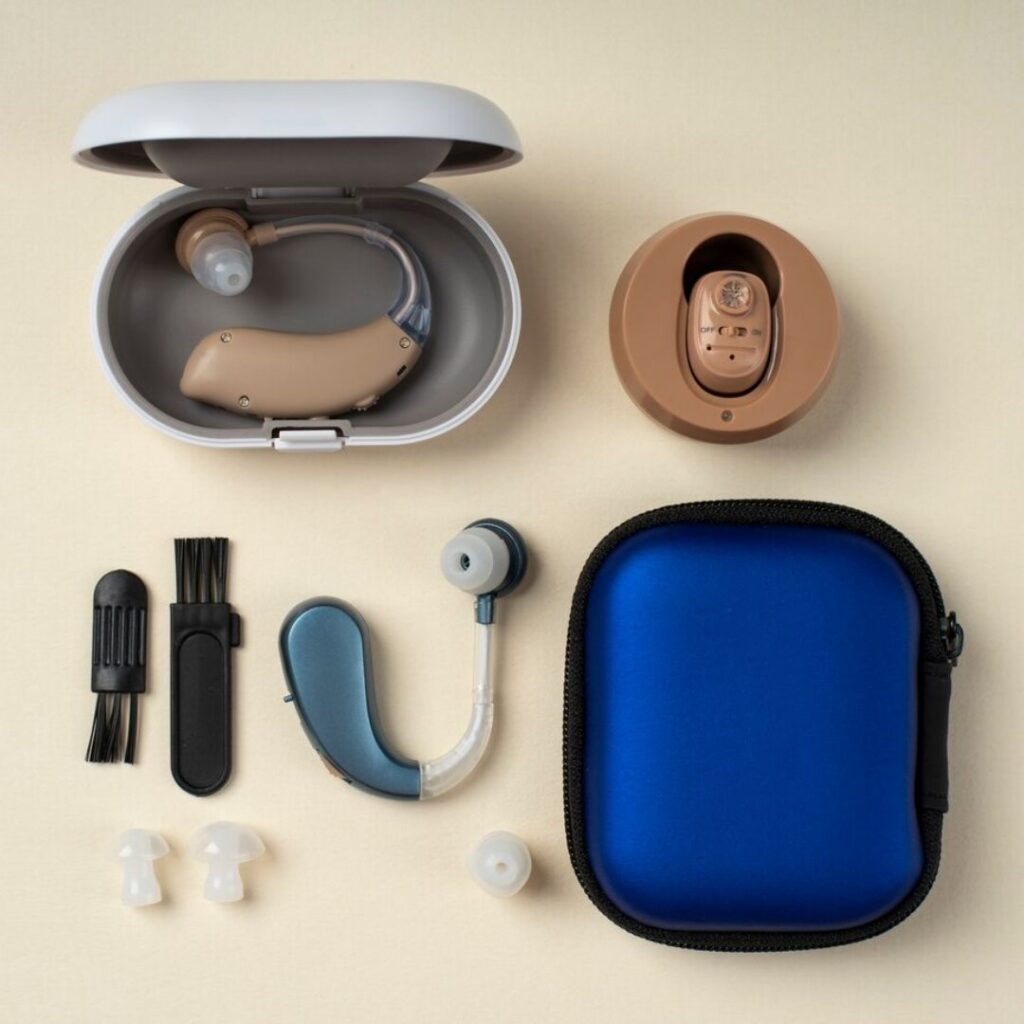

Introduction
Hearing aids are a significant investment in your health and well-being, and proper care is essential to ensure they function optimally and last as long as possible. Regular maintenance not only enhances their performance but also prevents common issues that can arise from everyday use. Here’s a comprehensive guide on how to properly care for your hearing aids.

Understanding the Adjustment Period
Cleaning your hearing aids daily is essential for maintaining their performance and longevity. Start by gently wiping them with a soft, dry cloth to remove any earwax, dirt, or moisture that has accumulated throughout the day. Use a small brush, typically provided with your hearing aids, to clean around the microphone and receiver, ensuring these critical components remain free from obstructions. Avoid using any liquid cleaners or inserting sharp objects into the devices, as this can cause damage. Regular daily cleaning helps prevent build-up that can impair sound quality and ensures your hearing aids continue to function at their best.
Check for Earwax Buildup
Earwax buildup is a common issue that can significantly affect the performance of your hearing aids. It’s essential to inspect your hearing aids regularly for any visible earwax accumulation. Earwax can block sound from entering the device and may cause it to malfunction. To address this, use the earwax removal tools provided with your hearing aids to gently clear any blockages. Be careful not to insert sharp objects into the device, as this can cause damage. Maintaining a routine of checking and cleaning your hearing aids will help ensure they function optimally and provide clear, uninterrupted sound.

Store Them Properly
Storing your hearing aids properly is crucial to maintaining their functionality and longevity. Always keep your hearing aids in a dry, cool place when not in use, as exposure to moisture and heat can damage their sensitive components. Avoid leaving them in the bathroom or other humid environments where they might be exposed to steam or water. Utilizing the protective case provided by your audiologist is an excellent way to shield your hearing aids from dust, debris, and accidental damage. Ensuring that your hearing aids are safely stored when not in use helps preserve their condition and ensures they are ready to provide optimal performance whenever you need the

Battery Maintenance
Proper battery maintenance is crucial for the optimal performance and longevity of your hearing aids. Regularly check and replace batteries, as they typically last from a few days to a couple of weeks, depending on usage. Clean the battery contacts with a cotton swab to ensure a good connection and prevent corrosion. Always keep spare batteries on hand and store them in a cool, dry place to preserve their charge. Avoid touching the batteries with your fingers, as oils and dirt can reduce their efficiency. If you notice any significant changes in battery life or performance, consult your audiologist for further advice. Taking these steps ensures that your hearing aids remain reliable and function at their best.
Conclusion
Proper care and maintenance of your hearing aids are crucial for ensuring they remain in excellent working condition. By following these daily, weekly, and monthly routines, you can extend the lifespan of your hearing aids and maintain their performance. Regular professional check-ups and handling your devices with care will help you enjoy the full benefits of improved hearing for years to come.